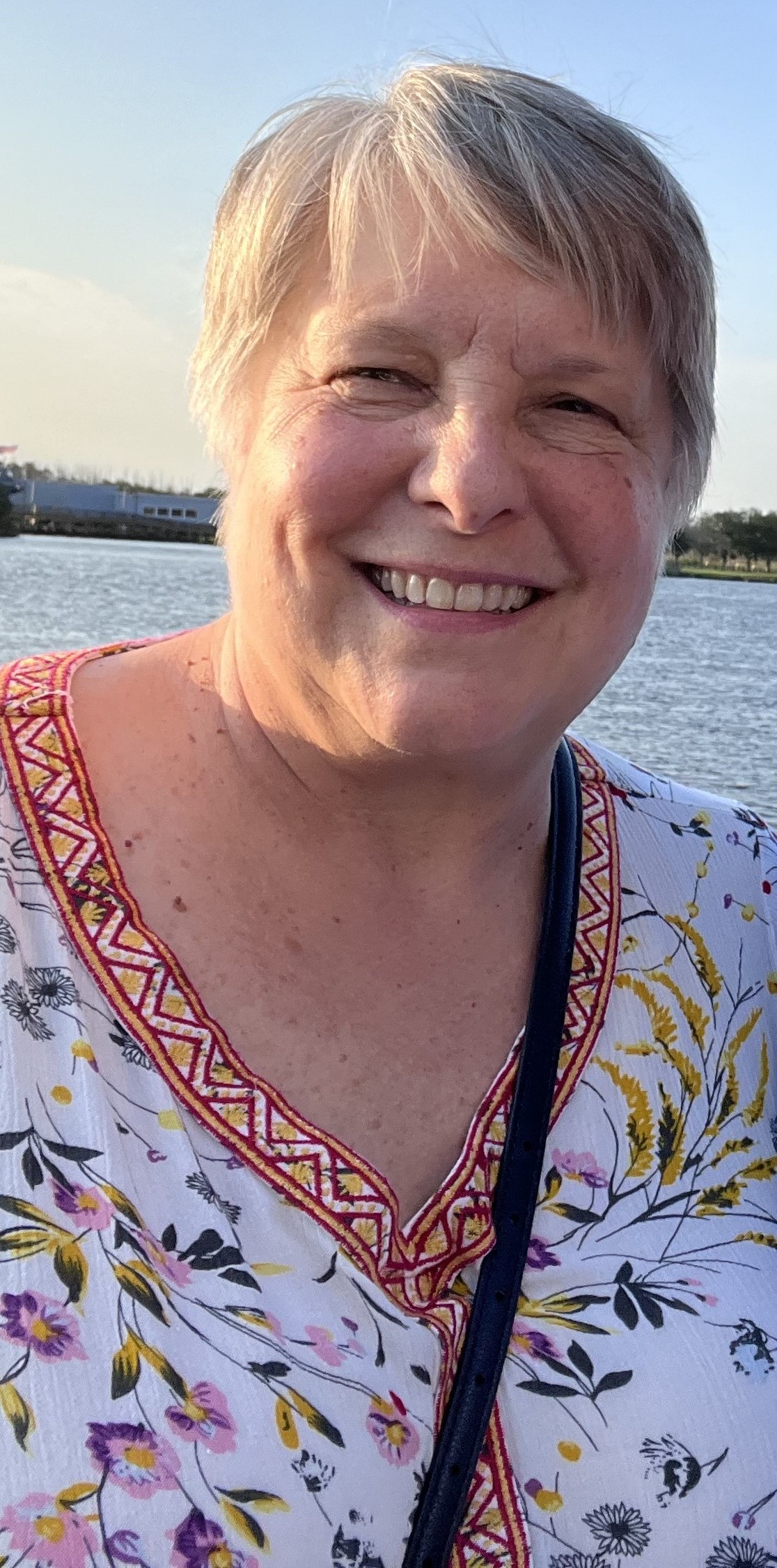Member Spotlight: Susan Hill, EdD
 Name: Susan Hill, EdD Name: Susan Hill, EdD
License #: 2967
Bio:
Dr. Hill is a psychologist who began her practice in the public-school system and college counseling centers. She continues to work with children, age six years and older, and has added adults to her therapy and testing practice. Individual therapy along with psychological and psycho-educational testing are Dr. Hill’s areas of interest. Her focus is psychodynamic theory with an eye towards development throughout the life span. She also has a special interest in the GLBTQ+ population. Mindfulness, hypnosis, and spirituality also inform her work. She completed her training at Rutgers University in New Jersey in counseling psychology and moved to Western North Carolina. Dr. Hill is a shareholder at The Pisgah Institute. In her spare time, she enjoys long walks out in nature, live musical and theatrical performances, and her spoiled cats.
1) What attracted you to the field of psychology? “A long time ago, when I was 12 years old, I noticed that my friends were coming to me to help them solve their problems. I enjoyed talking to people and trying to help them figure things out.”
2) What do you enjoy most about your work? “I think the thing I enjoy most about my work is that I have two distinct jobs. I have a full caseload of therapy and testing patients on the one hand. On the other hand, I also do a great deal of administrative work for the practice including supervising the Practice Manager and organizing the Board.”
3) What advice would you give someone who is considering getting a degree in psychology? “To think about the diversity of the field of psychology. That's what really attracted me to psychology, understanding that there is a wide range of things you can do, unlike other fields.”
4) When you are not working, what do you enjoy doing? “I love water aerobics and taking long walks in the woods.”
5) What is something about you (a fun fact) that not many people know? “That I tried to learn how to play the piano between ages 50 and 57. I consider myself a musician, but I could never master the piano.”
6) If were not a psychologist, what would you do? “I would have been a statistician. Now that can't be that surprising to you, since you know how much I love numbers.”
7) What is the next place on your travel bucket list? “I don't really have a travel bucket list. I love Paris so I always want to go back there.”
8) What are you currently reading or listening to? “I’m currently reading The Golden Doves by Martha Hall Kelly. She has written a series of books loosely based on historical women figures.”
9) What is your favorite word and why? “‘Hope’ is my favorite word. If I can instill hope in those around me; my patients, my friends, my family, then I've done a good service for others.”
10) What is your least favorite word and why? “‘Impossible’ is my least favorite word. I do not believe that anything is impossible
|

 Name: Susan Hill, EdD
Name: Susan Hill, EdD